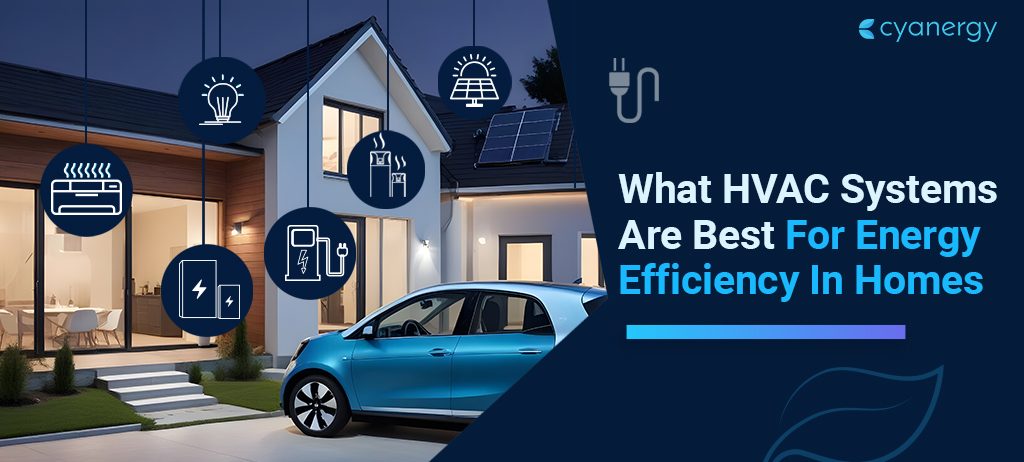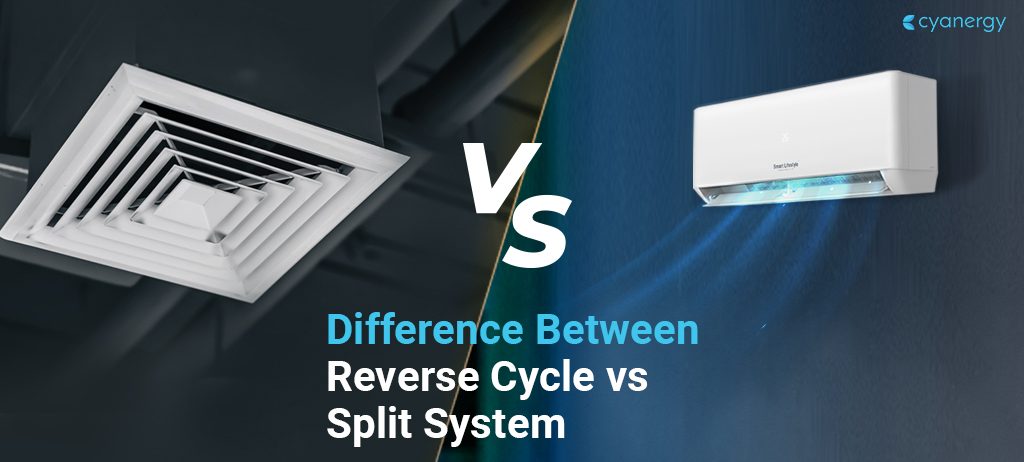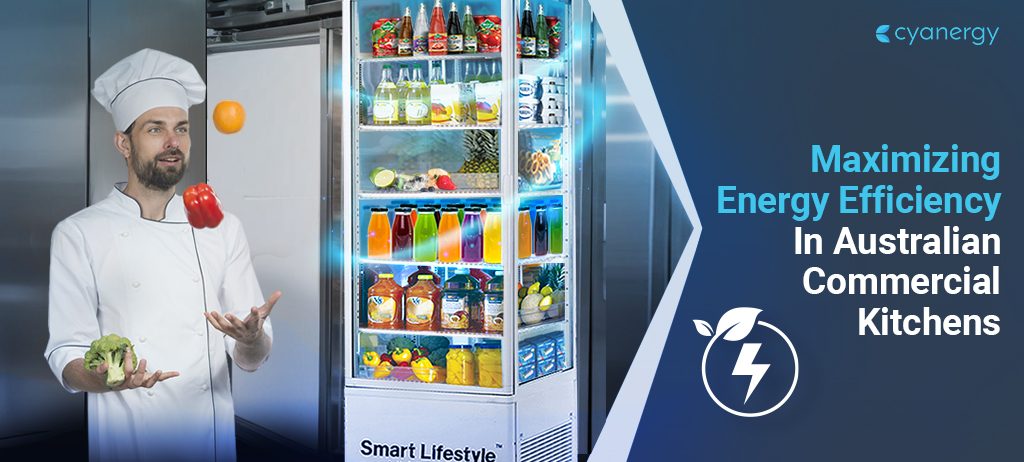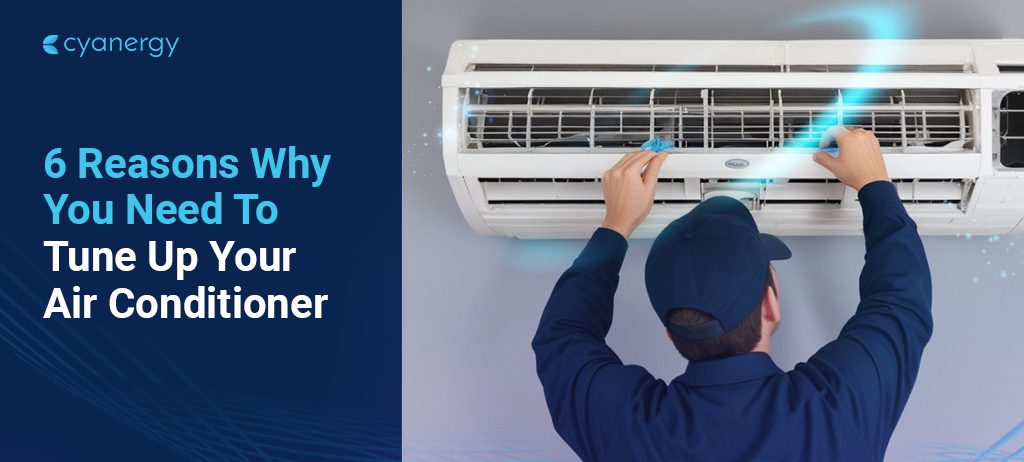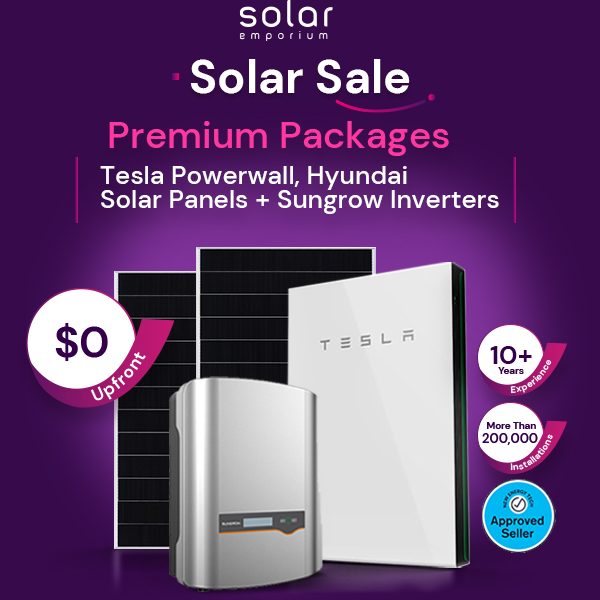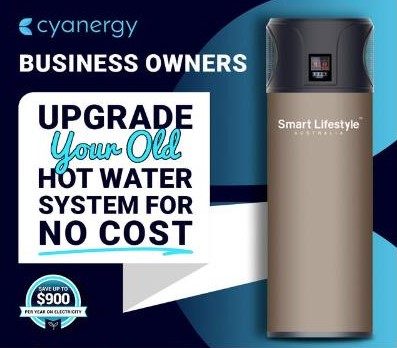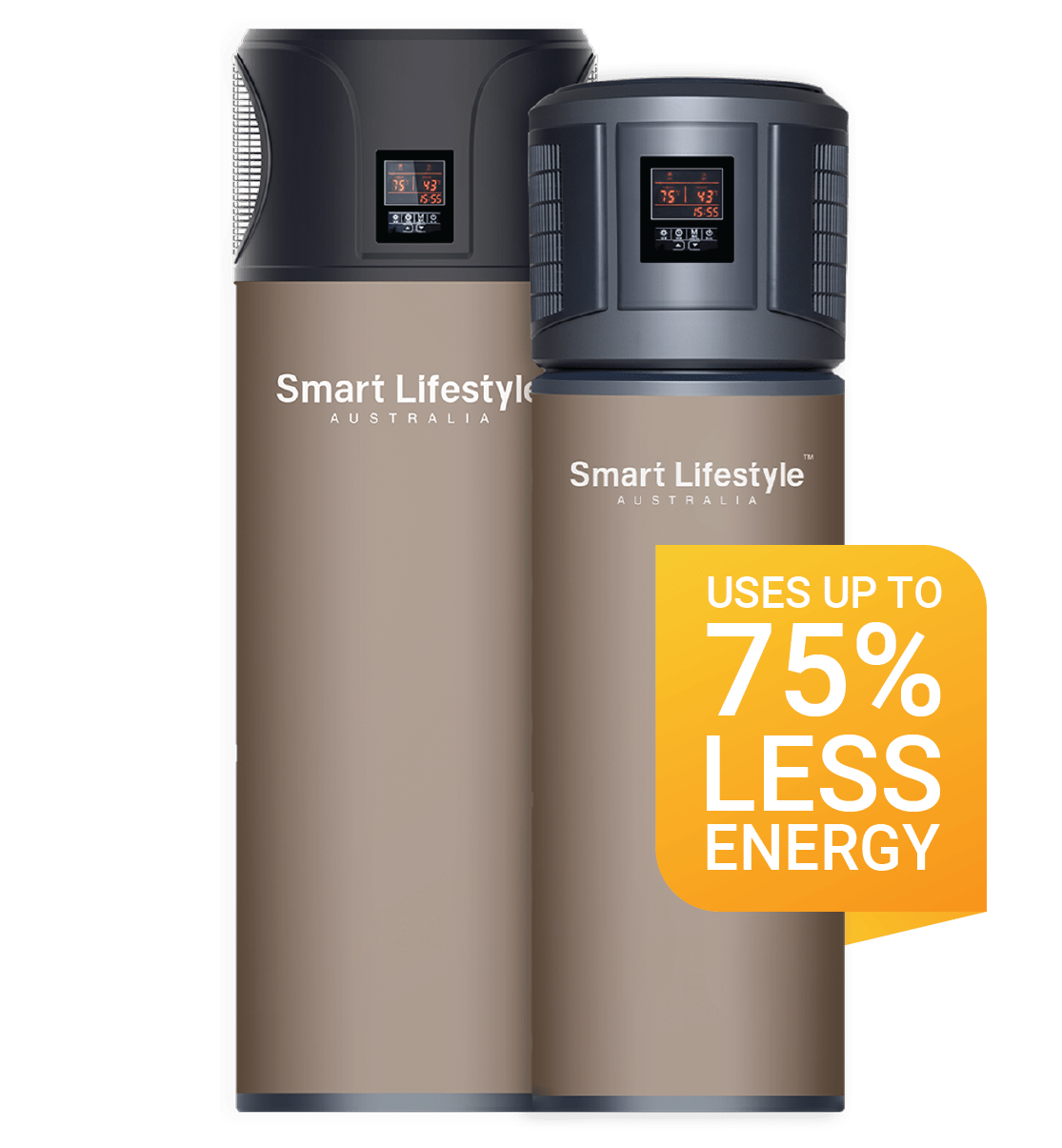The Victorian Government has taken commendable steps towards sustainable living and energy efficiency. One such initiative that has gathered attention is the Victorian government split system rebate. This program aims to incentivize the adoption of reverse cycle split system air conditioners, a popular choice for maintaining comfortable indoor climates.
In today’s discussion, we are diving into the details of the Victorian government split system rebate, explaining what it entails and how you can also enjoy the perks.
What is a Reverse Cycle Split System Air Conditioner?
A reverse cycle split system air conditioner is a highly versatile heating and cooling system that uses a refrigeration cycle to transfer heat between indoor and outdoor units. Unlike traditional air conditioners, reverse cycle systems can provide both heating and cooling capabilities. This makes them a year-round solution for maintaining comfortable indoor temperatures while saving energy.
Victorian Energy Upgrade (VEU)
Before we explain more on Victorian household heating and cooling rebate, here is a brief discussion on the VEU program, of which the split system rebate is a part.
The Victorian Energy Upgrades (VEU) program, courtesy of the Victorian government, is all about helping out households and businesses, both with saving some bucks and doing a solid for the environment. How? By getting your hands on energy-efficient goodies and services.
If you’re up for some upgrades like better lighting, heating, cooling, water heating, or even sealing up those drafts, the program’s got your back. And guess what? You could end up saving anywhere from $120 to a whopping $2,000 every year.
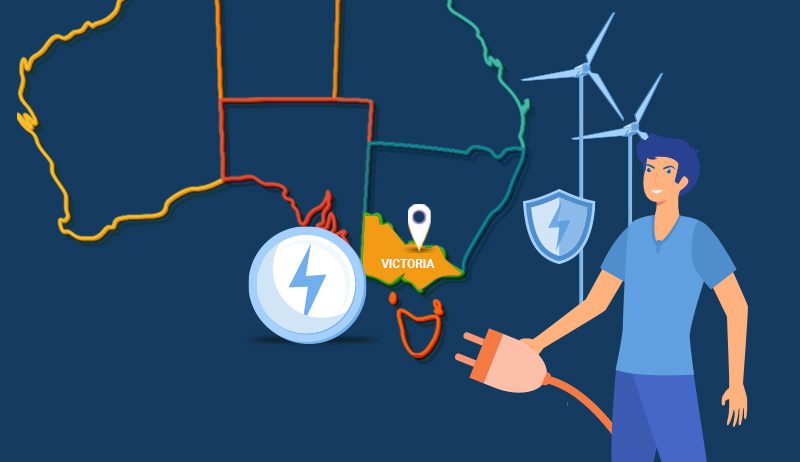
The program’s not just a free-for-all. It’s got its own code of conduct to make sure everything’s fair and square. To hop on this energy-saving train, you’ll need to team up with an accredited provider like us. We will help set you up with these awesome VEU products and make all the arrangements for you to take advantage of the government incentives.
And, it’s not just for homes. Landlords, building owners, councils, and community groups can get in on the action too. They can seize their own rebates or discounts for going all energy efficient.
The Victorian Energy Upgrades program is all about making it easy and beneficial for everyone involved. Cheers to saving energy and the environment!
Here is the VEU Consumer Factsheet for more info.
Victorian energy efficiency certificates (VEECs)
For every tonne of greenhouse gas emissions reduced through energy-saving activities, a VEU certificate or VEEC is generated. These certificates represent a form of currency within the program. Accredited providers can sell these certificates to liable entities (like electricity retailers), who use them to meet their energy efficiency targets.
In the year 2025 a target of 7.3 million VEECs to be generated is in place.
Victorian Government Split System Rebate – Household Heating and Cooling Rebate
Any household or business in Victoria can reap the rewards of the household heating and cooling program offered by VEU. It’s not just limited to homeowners – businesses can also get in on the action by upgrading their outdated, energy-hungry heating and cooling systems. The champions in this category are the reverse split systems, delivering the same comfort but with significantly lower electricity consumption, making them a more budget-friendly choice.
The only requirement to tap into this program is being a resident or running a business in Victoria on a commercial dwelling . Even if you’re renting, you’re not left out – working together with your landlord to apply for these discounts is highly encouraged. This way, everyone can enjoy the benefits of a more energy-efficient heating and cooling system.
Replacing your old system as well as new system installation is available under the program. In case of old system swap, the old system must be decommissioned by the AP (Accredited Provider). The following systems are eligible to get swapped in exchange for an energy efficient reverse cycle unit-
- Hard-wired resistance electric room heater
- Central electric resistance ducted heater
- Refrigerated air conditioner
- Hard-wired slab heater
- Non-ducted (room) gas heater
- Ducted (whole-of-home) gas heater
- Ducted (whole-of-home) reverse cycle air conditioner
- Non-ducted reverse cycle air conditioner
P.S – Other combinations that are not specified here might also be eligible.
Remember, in order for you to claim discounts under this program, the efficient reverse cycle aircon that you are planning to get must be an approved product to install. Find the list of approved products. Also, you must work with an accredited provider to be eligible.
How Does a Reverse Cycle System Work?
Heating Mode
- The outdoor unit absorbs heat from the outside air, even in cold conditions, and transfers it to the indoor unit.
- The refrigerant inside the system undergoes a cycle of compression and expansion, which releases heat energy into the indoor space.
- This warm air is distributed through the indoor fan.
Cooling Mode
- The process reverses in cooling mode. The indoor unit extracts warm air from inside the room, and the refrigerant carries this heat to the outdoor unit.
- The outdoor unit then releases the heat into the outdoor air, while the cooled air is circulated back inside.
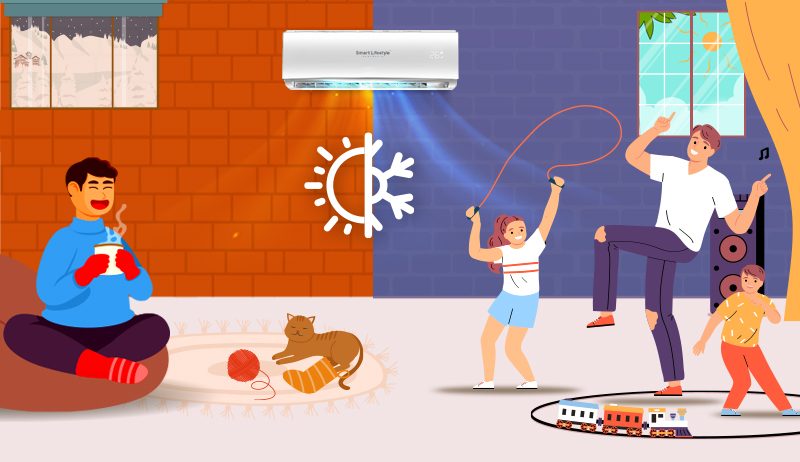
Benefits of Energy Efficient Reverse Cycle Split Systems
Year-Round Comfort: Reverse cycle systems provide both heating and cooling capabilities, ensuring comfort in all seasons.
Energy Efficiency: By transferring heat rather than generating it, these systems are highly efficient, which can lead to lower energy bills.
Reduced Environmental Impact: Utilizing electric power, especially from renewable sources, can make reverse cycle systems more environmentally friendly compared to gas heating.
Zoning Options: Zoning capabilities allow for customized comfort and can help save energy by only heating or cooling occupied spaces.
Low Noise Levels: Modern reverse cycle systems are designed for quiet operation, ensuring minimal disruption to your home.
Gas VS Electric Split System – Which is Better?
In the debate of which is cheaper to run gas heater or electric split system, there are many small nuances that we forget to keep in consideration. Here is a brief discussion on the topic –
Considerations in the debate of Gas Ducted System vs Electric Split System –
Local Energy Prices: It’s crucial to compare the cost of electricity and gas in your specific area. Prices can vary significantly between regions.
Efficiency of Appliances: Both the gas heater and the split system reverse cycle air conditioner could be energy-efficient models. Look for appliances with high energy star ratings. But gas systems tend to lose this battle.
Climate Conditions: If you live in an area with long, cold winters and short, mild summers, a gas heater might be cheaper for heating. Conversely, in regions with hot summers and mild winters, an efficient air conditioner can be beneficial. However, in the long run the split system saving are unmatched with a gas one.
Usage Patterns: Consider how often and for how long you’ll be using the heating or cooling. If you’re frequently running the system, even small differences in efficiency can add up over time. In which case consider split systems as they are more energy efficient options.
Installation and Maintenance Costs: Factor in the upfront installation costs for both options. Additionally, consider maintenance and servicing costs, which can vary between gas heaters and air conditioners.
Environmental Impact: Natural gas is a fossil fuel, so if environmental concerns are a priority for you, an electric heat pump (like a reverse cycle air conditioner) might be an eco-friendlier option, especially if your electricity is sourced from renewable energy.
